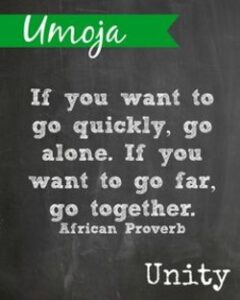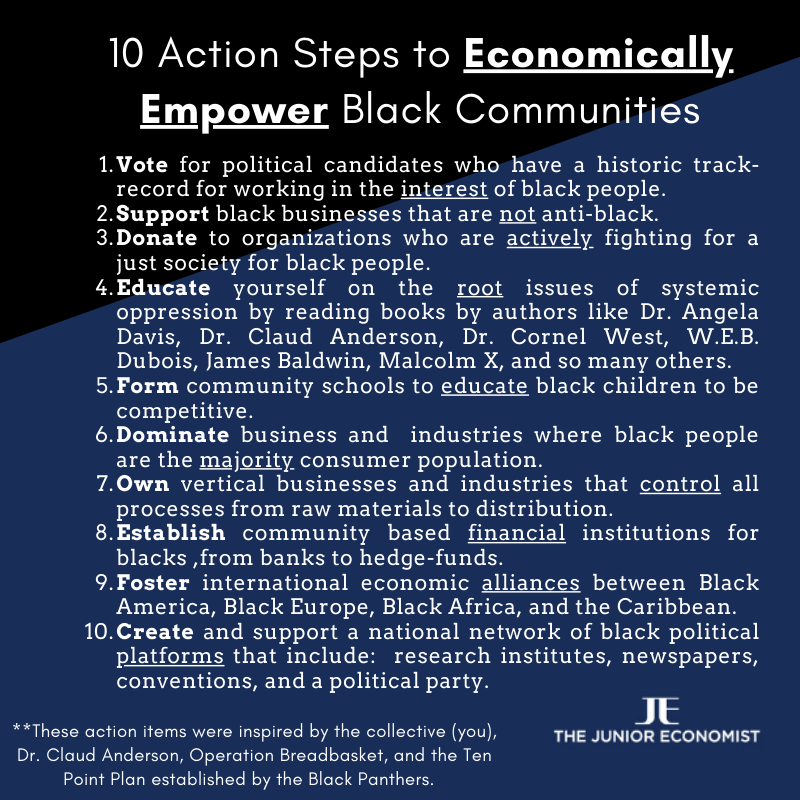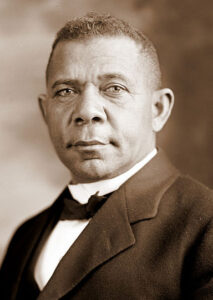Food for Thought and Action for the Black/Afrakan American Community.
Solutions for Rebuilding the Black/Afrakan Community. And Reuniting our Afrakan Community.
1.We must start creating think tanks in our Community’s.
2. We must be stablished Eldership and Young leadership in our communities. We must restore a position of prestige to our seniors where they can pass
the best of our history to us, and help guide us through this storm. No race can survive without tapping into the wisdom of its elders. Young men for war, old men for guidance. Young men don’t get to be old without guidance. Our community mothers must teach our young ladies how to be women—not hoes, not b*tches, not rumpshakers, not shooters—women. We need the guidance of our elders.
3.Education Take our children out of public schools, if they cannot be properly educated.
If we haven’t figured out that public education is “dumbing-down” our children, we will never
figure it out. I know this is controversial, but for as long as public education is broken, it is the biggest contributor to black adult illiteracy (now over 50% in some parts of the country) and the marginalization of black employment. Like 50 years ago, poor education is now our biggest threat.

Brotherhood
I believe in the brotherhood of all men, but I don't believe in wasting brotherhood on anyone who doesn't want to practice it with me. Brotherhood is a two-way street. - Malcolm X


BLACK ECONOMIC EMPOWERMENT
Booker T. Washington, founder of the National Negro Business League, believed that solutions to the problem of racial discrimination were primarily economic, and that bringing African Americans into the middle class was the key.
In 1900, he established the League to promote the commercial and financial development of the Negro, and headed it until his death. The League included small African American business owners, doctors, farmers, craftsmen, and other professionals. Its goal was to allow business to put economic development at the forefront of getting African-American equality in America. Booker T. Washington felt that there was a need for African Americans to build an economic network and allow that to be a catalyst for change and social improvement.